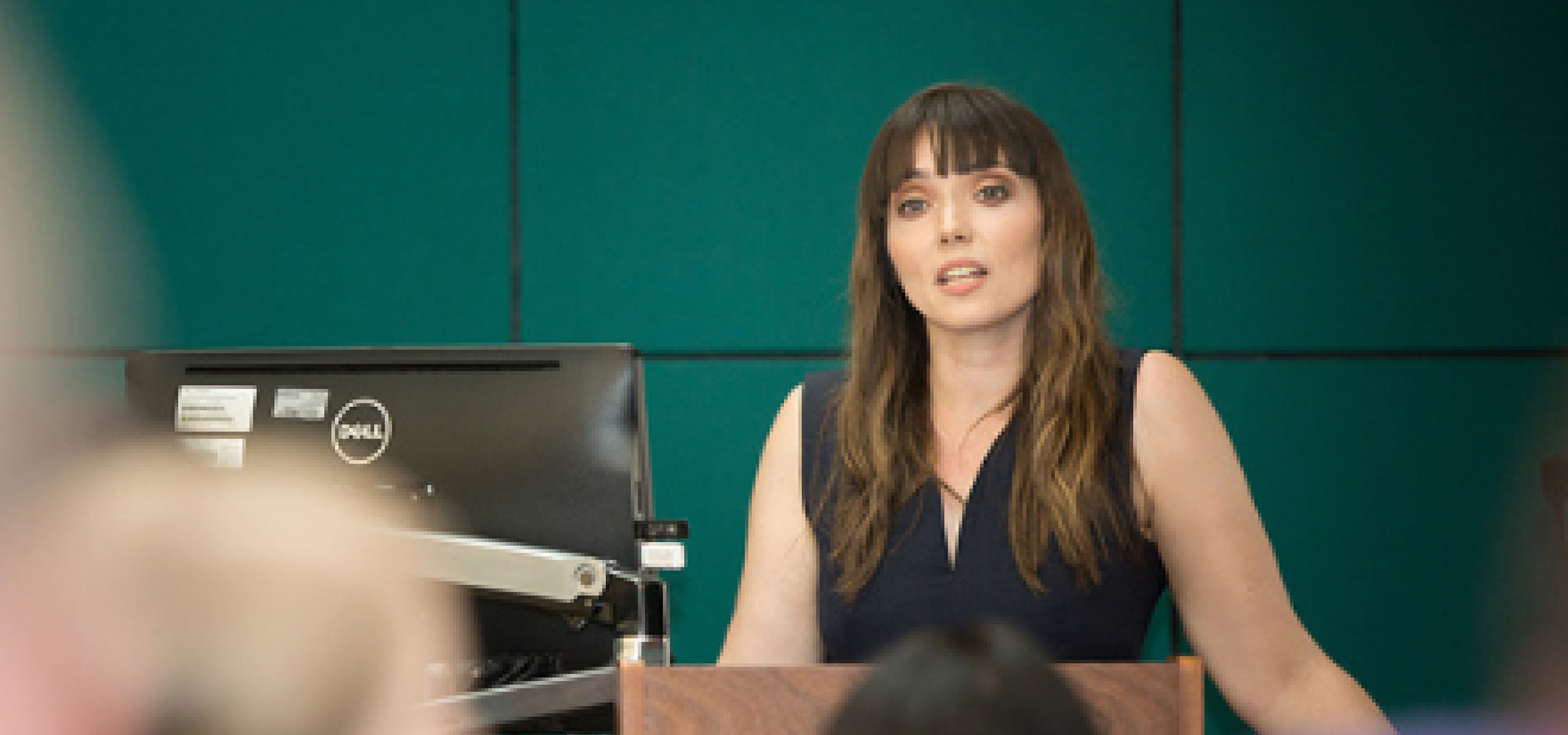
Dr Faith Gordon conducted qualitative research with children, young people and professionals in the United Kingdom to explore the direct impact of COVID-19 on experiences online.
“The COVID-19 pandemic has further exposed many structural inequalities and has exacerbated systemic issues for children and young people, particularly the most marginalised.”
With COVID-19 lockdowns resulting in the introduction of physical distancing measures, restrictions on movement and more than 1.5 billion young people affected by school closures, many aspects of life have become ‘digital by default’.
Reports estimate that internet usage has increased by over 50 per cent in some parts of the world, while others continue to experience the ‘digital divide’.
Although online platforms have provided positive opportunities for engagement, more time spent online has also resulted in increased exposure to risks and harm.
Survey findings demonstrate that 70% of young people have seen content online that they have found concerning, referring to specific violent and explicit content. Significantly, only 40% of young people said they would report online harms to the platforms they are using.
Senior lecturer at The Australian National University (ANU) College of Law, Dr Faith Gordon, has conducted extensive qualitative research exploring the direct impact of COVID-19 on children and young people’s experiences online in the United Kingdom.
This research involved conducting focus groups during one of the COVID-19 lockdowns with children, young people and professionals, including senior police, educators, safeguarding experts, youth workers, victim service providers, tech and gaming companies, regulators and representatives from the wider tech industry.
Dr Gordon’s research captured their opinions on online harms and the impact on their lives, on service provision and on responses to online harms. Negative experiences for children and young people included cyberbullying and threats; image-based abuse; receiving unwanted content and experiencing unwanted contact from adults. They also reported “slow action” on the part of platforms and gaming companies to address harmful content and behaviour, with many children and young people unsure how to report, or hesitant to report, due to the perceived inaction of companies.
The study, which will be published next month, also investigated what ‘acceptable use’ is in online spaces and respondents’ thoughts on law enforcement’s current role in addressing online harms. Lastly, it considered what changes are needed to in order to make online spaces safer.
Interim findings were launched at an event in December, opened by the Minister of State for Digital and Culture in the UK, Caroline Dinenage, followed by a panel discussion with the UK Victims Commissioner, Dame Vera Baird, Dr Faith Gordon, Professor Lorna Woods, and Jordan Khanu, from the Mayor of London VRU's Young People's Action Group. Public Policy Exchange and the Metropolitan Police in the UK also invited Dr Gordon to present on this research.
On 22 April, Dr Gordon will deliver a keynote speech at the 2021 EUROMET conference detailing key findings from her research.
"The COVID-19 pandemic has further exposed many structural inequalities and has exacerbated systemic issues for children and young people, particularly the most marginalised. The UN has said that the pandemic has turned into 'a broader child rights crisis’,” Dr Gordon said.
“Knowledge exchange is vitally important, and this conference provides a significant opportunity for academics, practitioners and young people to share ideas, data and approaches, which will hopefully inform and inspire change now and in the future."
The annual EUROMET conference is a major international event that brings together practitioners, academics and young people from 11 countries across Europe to share their approaches to pan-European problems.
This year, it is being held online and hosted by London-based youth organisation, Catch22, from 20-22 April.
“It’s great that so many delegates will be able to hear the findings of this vital research and use insights to inform their day-to-day practice,” said Melissa Milner, Director of Communications and Engagement at Catch22.
Find out more about the 2021 EUROMET conference or register to attend this virtual event.